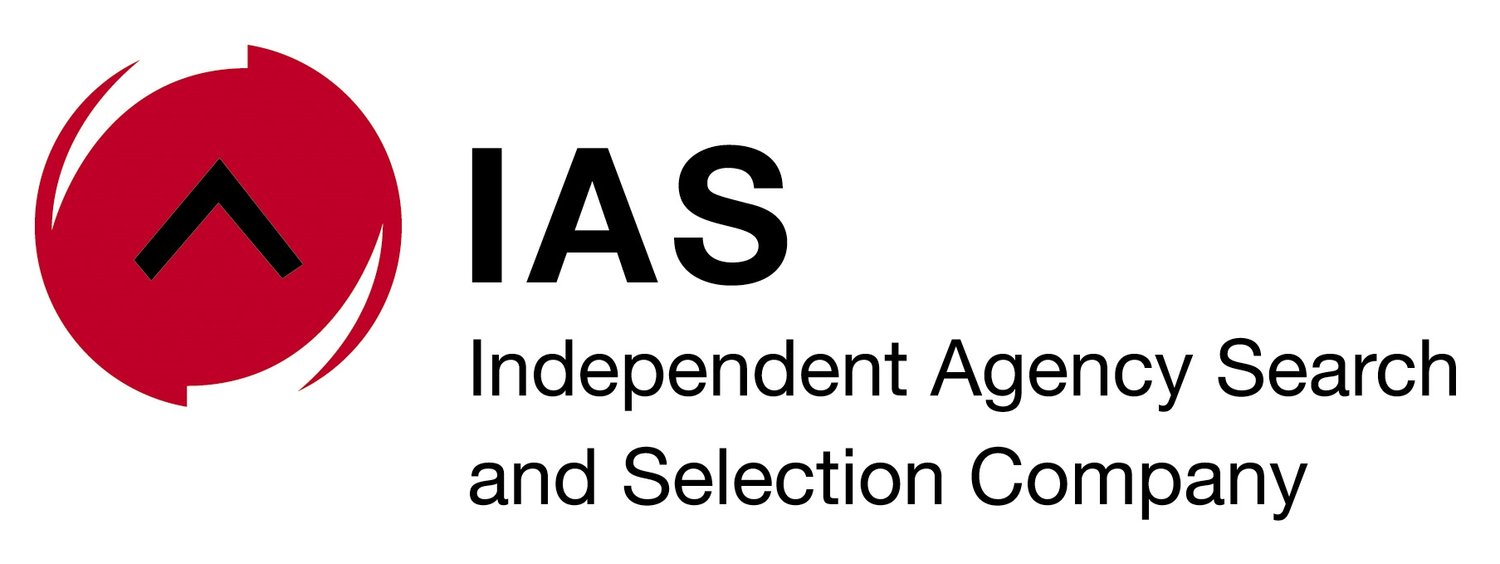With the fieldwork for Agency Scope South Africa 2023/2024 set to make tracks in May, the biennial study, which ultimately divulges what marketers really think, takes some interesting twists and turns as the scope of the communications sectors adapts to the pandemic, technology and global developments.
Scopen president and CEO César Vacchiano notes that an increased number of respondents will be interviewed this time around, with sights set on 220 client companies, compared to the 158 in 2021.
In-depth info on sustainability and diversity, equality and inclusion (DEI)
“There will also be more interviews with marketers including – importantly – companies from the new economy,” he says. “Look out for the dot coms, startups and digital platforms.”
Participants now also include chief technology officers (CTOs), chief innovation officers (CIOs), heads of digital companies, and those working in the all-important customer experience sector.
“Due to their importance globally, we’ll be getting in-depth info on sustainability and diversity, equality and inclusion (DEI) to add the South African market viewpoint to our worldwide knowledge bank,” Vacchiano says.
Digging deep into digital
Data will include digital platforms and digital tools and how marketers work with them.
“So, this focuses on how they collaborate with Google, Meta, marketplaces, Twitter, TikTok and other new communication options,” he says.
He adds that that data from marketing tools, marketing automation and personalisation such as SalesForce, Adobe Selligent Marketing Cloud and Microsoft will also form part of the research, analysis and knowledge shared in Agency Scope 2023/2024.
“All those tools require investment,” Vacchiano asserts, “so working with the right partners that have the appropriate profiles who understand these tools for implementation by brands is important.
“We’ve noted that some who purchase these tools to better compete often don't know what to do with them, and how to use them for their marketing objectives. So, agencies that can assist with the tools, digital strategies and use of platforms are the ones more sought after now.”
Groups or independents?
Large holding group versus the independent agency
Johanna McDowell, CEO of the Independent Agency Search & Selection Company (IAS) and Scopen partner says research for the next Agency Scope will also delve into the value of working with a large holding group versus the independent agency.
“The responses we’re looking for include what clients find most valuable for their needs, and what the strengths, weaknesses, and benefits are with a marketer’s choice of independent or group agencies,” McDowell notes.
Vacchiano promises a deeper research and therefore analysis on the various digital verticals related to Martech, including CRM, mobile and apps, e-commerce platforms, the Metaverse, and Web3.
“We want to explore which of these are important for clients and, of course, which they are they investing in - if any,” he says.
“The value for our subscribers will centre around what type of companies the C-suites and business leaders in our industries are working with and how they work with them. Equally important will be how they evaluate these new disciplines.”
About that captivating talent...
McDowell says another area growing rapidly in importance is how respondents value a good professional team.
“Does the talent employed by a specific agency make a difference? Which agencies have highly recognised leadership and does this influence the agency selection process?
“Sometimes individuals captivate a client due to their strategic vision, their ideas and innovation, or – these days – their understanding of digital and MarTech. These individuals can help transform brands and businesses and we’d like to hear their value from the horse’s mouth.”
With the Agency Scope researchers raring to go, Vacchiano says his hope is that this information gives participants some early insight into what they’ll be required to respond to.
“Respondents’ lived experience has changed over the past few years, and Agency Scope relies on this valuable insight to add the South African perspective to our depth of knowledge.”
You may be interested in SCOPEN 2023/24: SOUTH AFRICA'S FIFTH WAVE STUDY SET FOR MAY











